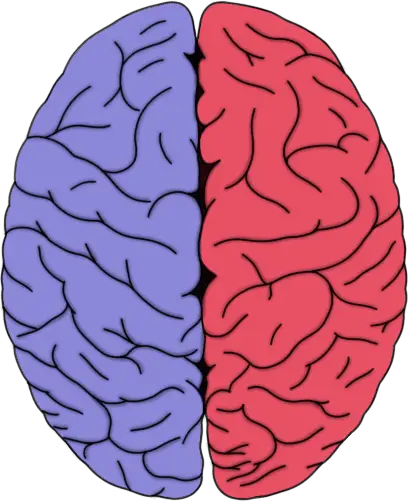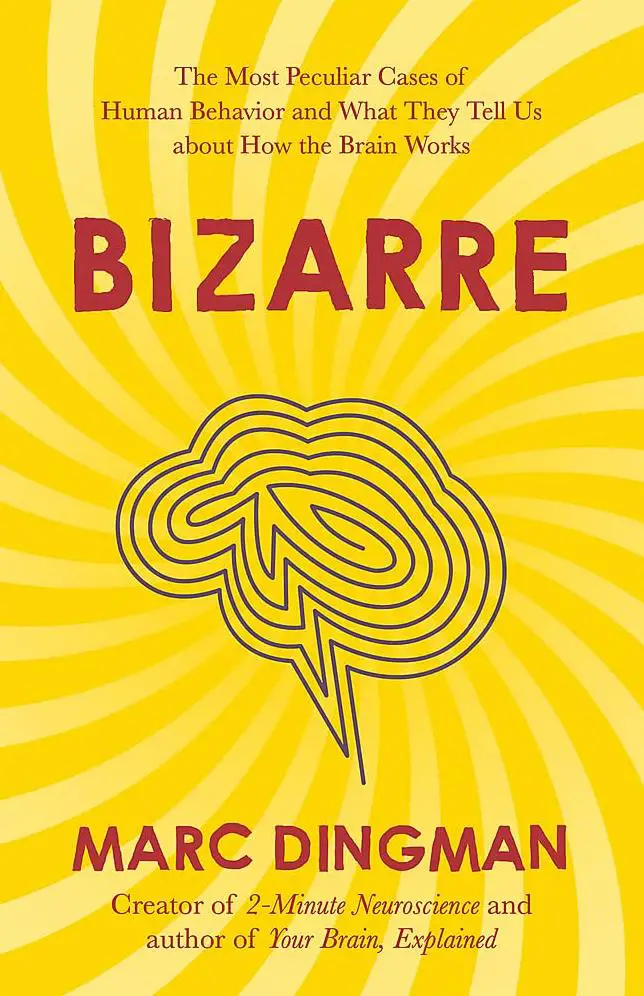2-Minute Neuroscience: Blood-Brain Barrier
In this video, I discuss the blood-brain barrier, a complex that surrounds most of the blood vessels in the brain and protects the brain from potentially dangerous substances that might be circulating in the blood stream. I discuss the tight junctions of endothelial cells as one of the main structural components of the blood-brain barrier, as well as describe the contribution of astrocytic end-feet to the formation and maintenance of the blood-brain barrier. Finally, I discuss the circumventricular organs as structures in the brain that lack a blood-brain barrier.


